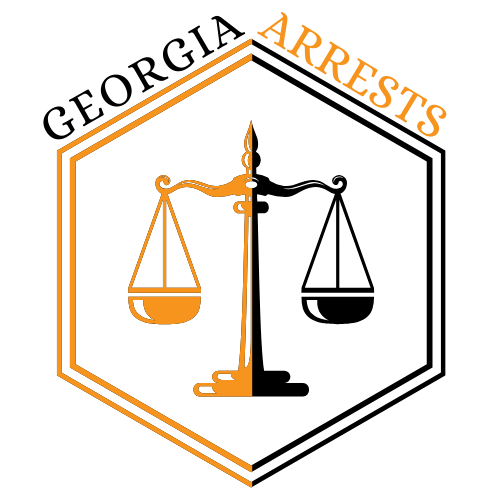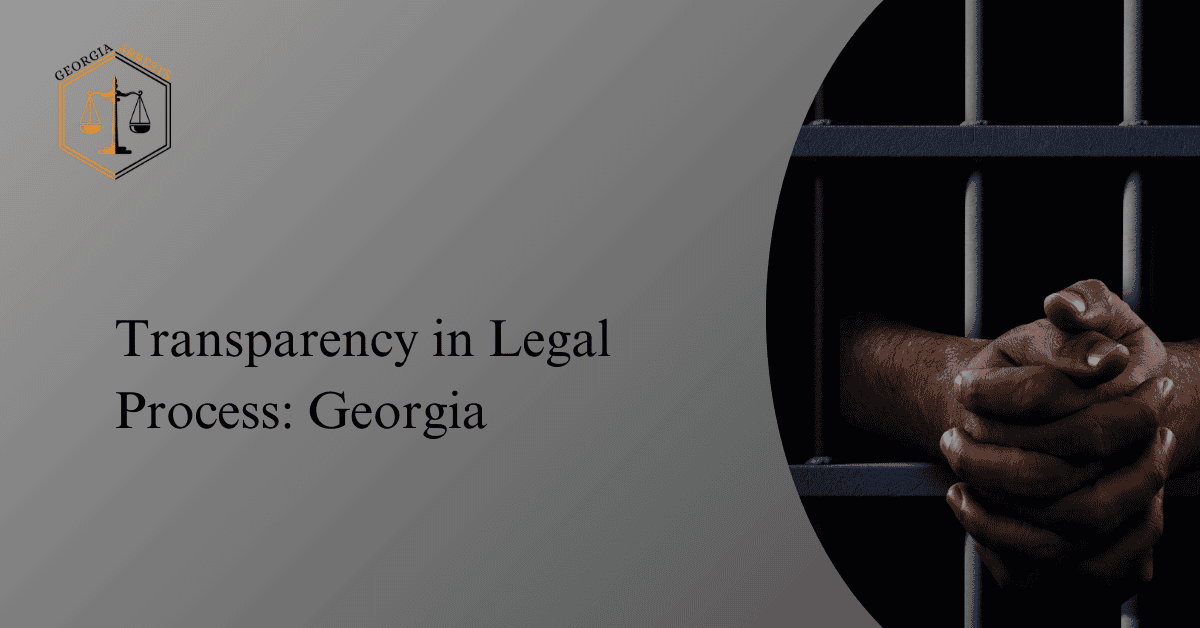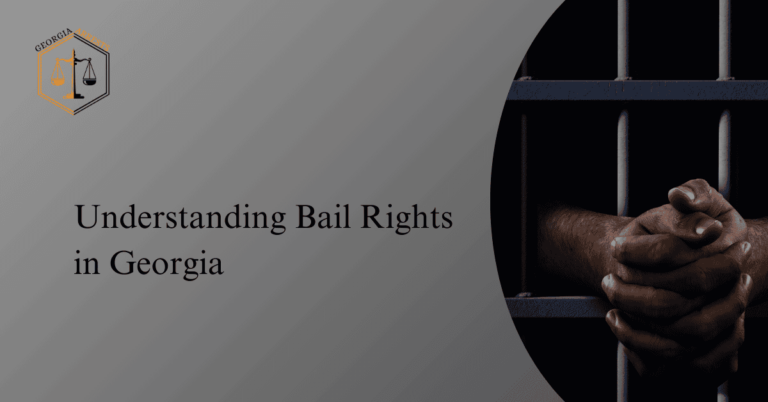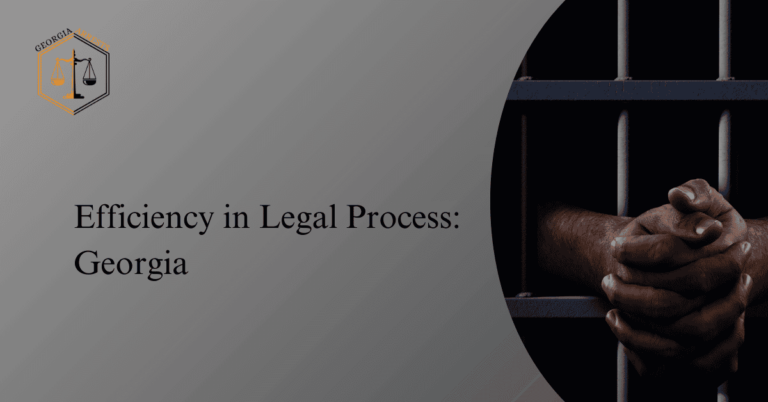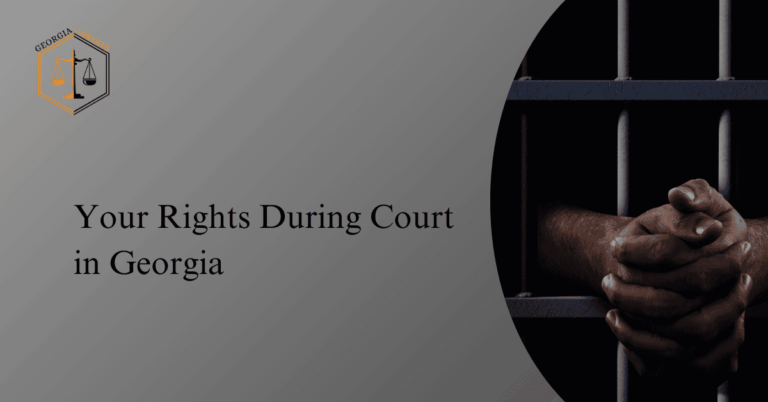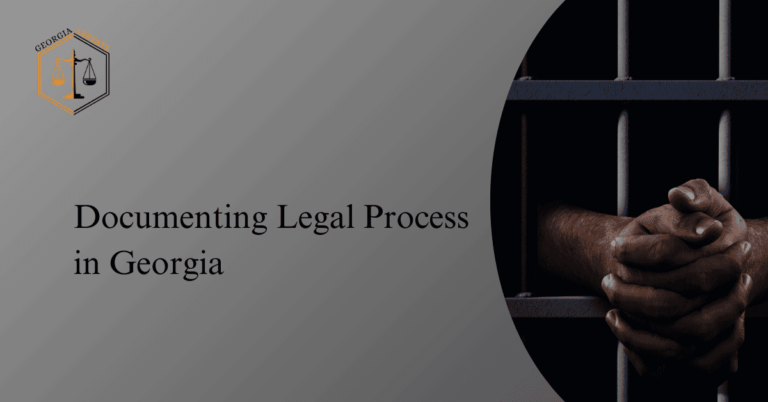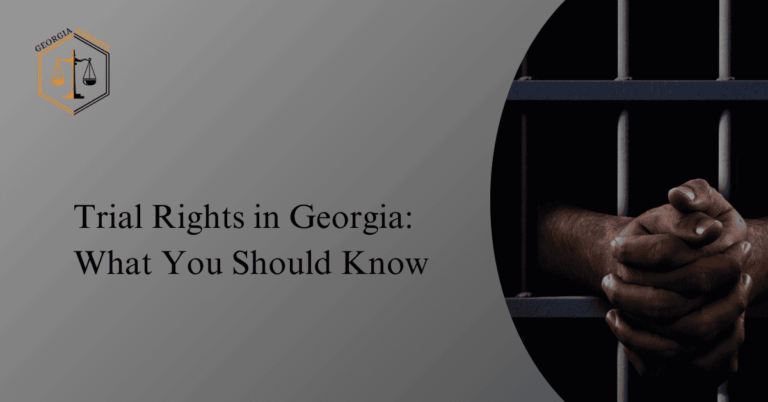Transparency in Legal Process: Georgia
Georgia’s legal process operates on the foundation of transparency, ensuring that individuals have access to information and procedures within the legal system. Whether navigating through civil matters or criminal cases, the state of Georgia emphasizes the importance of clarity and openness in legal proceedings. Understanding the significance of transparency in legal processes is crucial for both residents and professionals in the legal field, fostering trust and accountability.
In Georgia, transparency in the legal process serves as a cornerstone for upholding justice and fairness. By promoting openness and accessibility, the state aims to empower individuals to participate in legal matters with confidence and understanding. This commitment to transparency not only enhances the efficiency of the legal system but also strengthens the overall integrity and credibility of Georgia’s legal framework.
Importance of Transparency in Georgia’s Legal Process
Transparency plays a crucial role in Georgia’s legal process by enhancing trust and accountability. When legal proceedings are conducted openly and information is readily available to the public, it fosters confidence in the system. Citizens are more likely to trust the decisions made by the courts and legal authorities when they can see how and why those decisions were reached. Transparency also holds those in positions of power accountable for their actions, as their decisions are subject to public scrutiny.
Enhancing Trust and Accountability
Transparency in Georgia’s legal process is essential for enhancing trust and accountability within the system. When legal proceedings are conducted openly and information is readily available to the public, citizens are more likely to trust the decisions made by the courts and legal authorities. Transparency also holds those in positions of power accountable for their actions, as their decisions are subject to public scrutiny.
Promoting Justice and Fairness
Transparency in legal proceedings promotes justice and fairness by ensuring that all parties involved have access to the same information. When the legal process is transparent, it helps to level the playing field and ensures that decisions are made based on the facts and evidence presented, rather than hidden agendas or biases. This transparency helps to promote a more just and fair legal system.
Empowering Individuals in Legal Matters
Transparency empowers individuals in legal matters by providing them with the information they need to understand and navigate the legal process. When legal proceedings are conducted openly, individuals can better advocate for themselves and make informed decisions about their legal rights and options. This empowerment leads to greater participation in the legal system and ensures that individuals are able to protect their rights effectively.
Benefits of Transparency in Legal Proceedings
Transparency in legal proceedings offers numerous benefits that contribute to the efficiency and effectiveness of the legal system in Georgia. By promoting openness and accessibility, transparency enhances the trust and credibility of the legal process, ultimately leading to a more just and fair legal system. Transparency also empowers individuals to participate effectively in legal matters, ensuring that their rights are protected and upheld.
Efficiency in the Legal System
Transparency in legal proceedings promotes efficiency by streamlining the legal process and reducing unnecessary delays or complications. When information is readily available and accessible, legal proceedings can move forward more smoothly, saving time and resources for all parties involved. This efficiency ultimately benefits the legal system as a whole, leading to faster and more effective resolution of legal matters.
Strengthening Integrity and Credibility
Transparency strengthens the integrity and credibility of the legal system by ensuring that decisions are made based on facts and evidence, rather than hidden agendas or biases. When legal proceedings are conducted openly, it promotes trust in the system and increases public confidence in the fairness and impartiality of the courts. This integrity and credibility are essential for upholding the rule of law and ensuring that justice is served.
Enhancing Accessibility and Understanding
Transparency enhances accessibility and understanding by making legal proceedings more open and comprehensible to all parties involved. When information is readily available and easily understood, individuals can better navigate the legal process and make informed decisions about their rights and options. This accessibility ensures that everyone has equal access to justice and can participate effectively in legal matters.
Role of Transparency in Upholding Legal Framework
Transparency plays a critical role in upholding the legal framework in Georgia by promoting openness, accountability, and fairness within the legal system. When legal proceedings are conducted transparently, it ensures that decisions are made based on the rule of law and that all parties are treated fairly and impartially. This transparency strengthens the legal framework and helps to uphold the principles of justice and equality for all individuals in Georgia.
Frequently Asked Questions
Our Frequently Asked Questions section aims to provide detailed information on Transparency in Legal Process: Georgia. Below, you will find answers to common queries related to this topic.
What is Transparency in Legal Process?
Transparency in legal process refers to the clarity and openness in the legal system, ensuring that the process is fair, accountable, and accessible to all individuals involved. In Georgia, transparency plays a crucial role in upholding the rule of law and promoting trust in the legal system.
How does Transparency in Legal Process benefit individuals in Georgia?
Transparency in legal process in Georgia ensures that individuals have access to information about their legal rights, the procedures involved in legal proceedings, and the decisions made by the courts. This transparency promotes accountability, fairness, and trust in the legal system, ultimately benefiting all individuals seeking justice.
How to place Transparency in Legal Process in Georgia?
In Georgia, various measures are implemented to ensure transparency in the legal process. These include open court proceedings, access to legal information and documents, public availability of court decisions, and mechanisms for monitoring and reporting on the performance of the legal system. These measures aim to uphold transparency, accountability, and fairness in legal proceedings across the state.
How can individuals access legal information in Georgia?
Individuals in Georgia can access legal information through various channels, including legal aid organizations, online legal databases, public libraries, and government websites. These resources provide valuable information on legal rights, procedures, and resources available to individuals seeking legal assistance in Georgia.
Public participation fosters legal transparency in Georgia.
Public participation is essential in promoting transparency in the legal process in Georgia. By engaging with the legal system, attending court proceedings, and advocating for transparency and accountability, individuals can contribute to a more open and fair legal system. Public participation helps ensure that the legal process remains accessible, responsive, and trustworthy for all individuals involved.
Report transparency issues in Georgia’s legal system how?
If individuals encounter instances of lack of transparency in the legal process in Georgia, they can report these issues to relevant authorities, such as legal aid organizations, bar associations, or oversight bodies. By reporting such instances, individuals can help maintain accountability, fairness, and integrity in the legal system, ultimately contributing to a more transparent and just legal process in Georgia.
